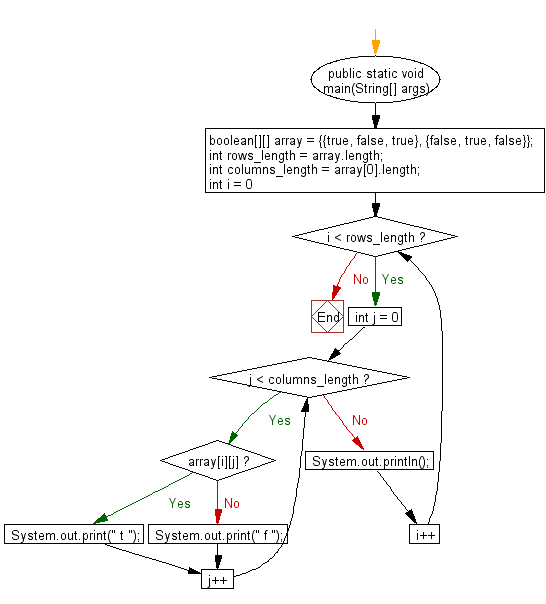Some ruby array methods end with an exclamation mark.
Ruby array length 0.
X n value i care about array x.
The second form creates a copy of the array passed as a parameter the array is generated by calling to ary on the parameter.
There are many ways to create or initialize an array.
Array length basically length method used on arrays in ruby returns number of elements in the array for which method is invoked.
One way is with the new class method names array new you can set the size of an array at the time of creating array names array new 20 the.
You can find the maximum size of all the arrays by doing something like this.
For int x 0.
Do something with the value i care about.
One option that does work is to check the length of the array.
These numbers serve as indexes to the array in question.
These methods are used on arrays hashes or objects.
Ruby arrays are not as rigid as arrays in other languages.
The times method iterates the following block length times passing in values from 0 to length 1.
This tutorial will illustrate difference between count length and size.
When a size and an optional default are sent an array is created with size copies of default take notice that all elements will reference the same object default.
The exclamation mark tells the.
Integers each with index do num idx puts value num has index idx end.
A while loop could do the job but i find it distasteful using it for a known size and expect there to be a better more ruby way of doing this.
Arrays are compared in an element wise manner.
Returns a new array.
Checking the length of the array.
In the first form if no arguments are sent the new array will be empty.
When a size and an optional default are sent an array is created with size copies of default take notice that all elements will reference the same object default.
As such the following will work if you want to do something if the array has elements.
Ruby arrays grow automatically while adding elements to them.
I want to do the same in ruby but can t find a way to step.
Irb main 001 0 length 0 irb main 002 0 1 length 1 irb main 003 0 1 foo length 2.
Returns a new array.
The first two elements that are not equal will determine the return value for the whole comparison.
The second form creates a copy of the array passed as a parameter the array is generated by calling to ary on the parameter.
Each object in each array is compared using the operator.
This is a ruby idiom.
Of course you need to think about what your maximum size of array is and what to do if an array contains less entries than the others.

